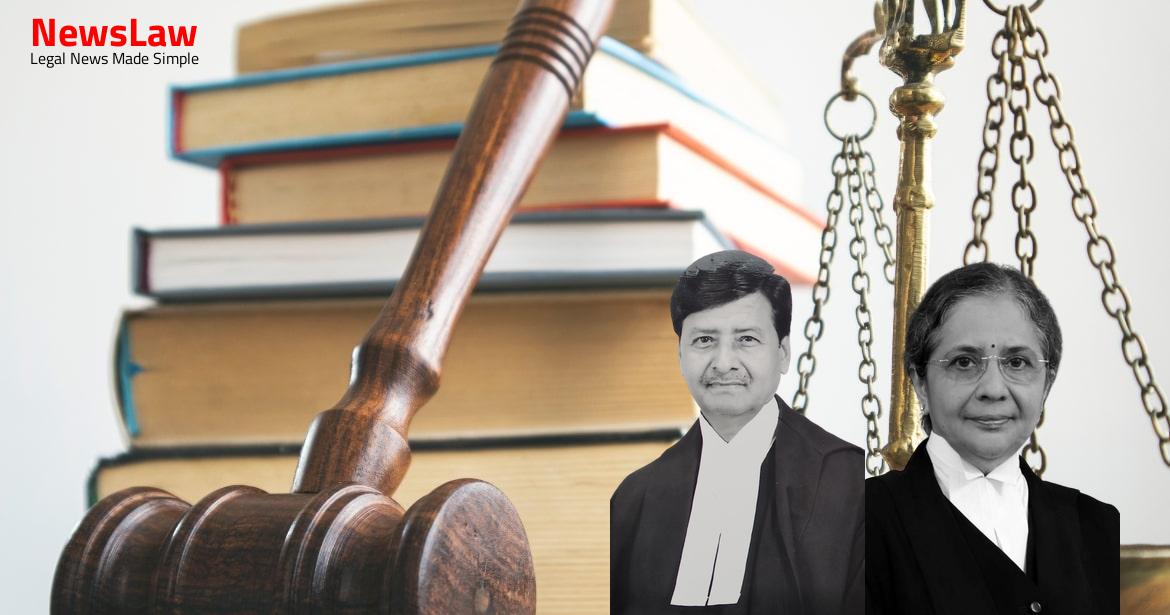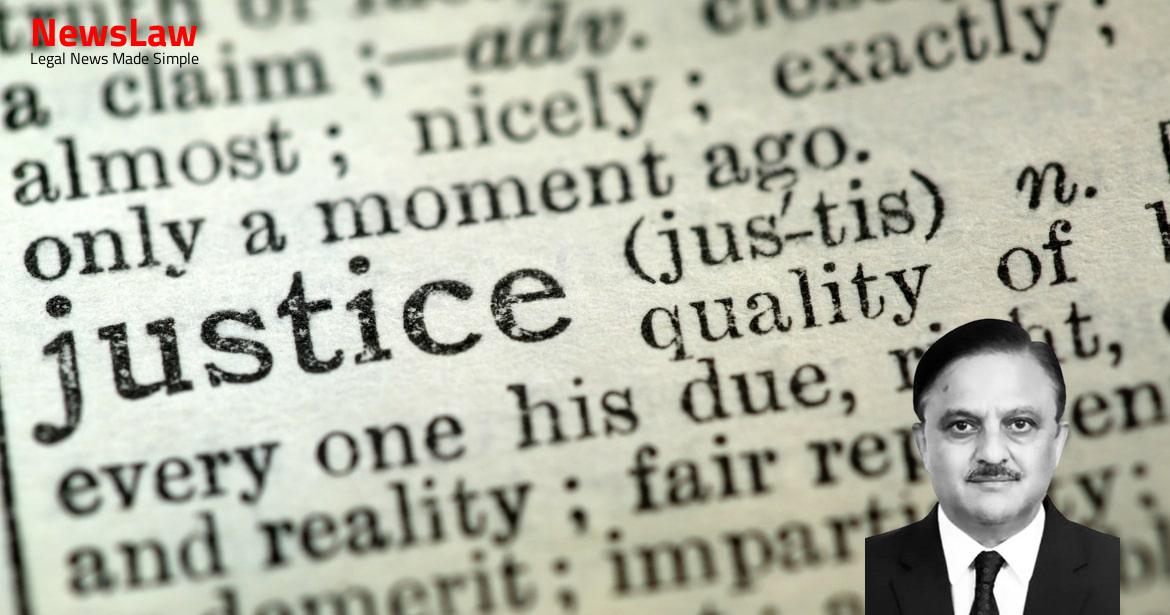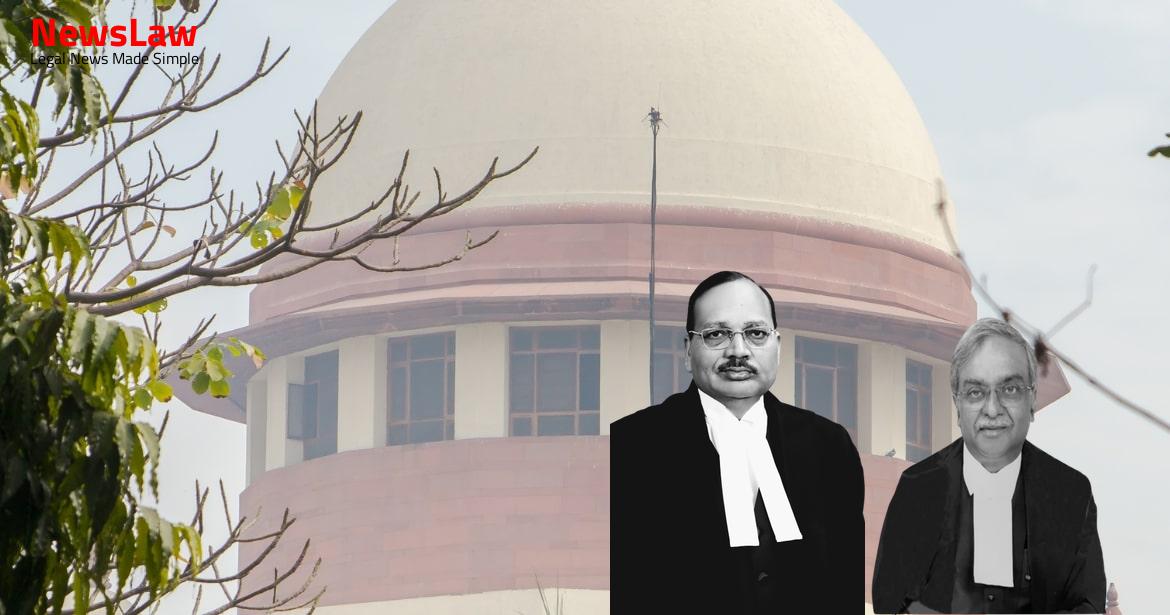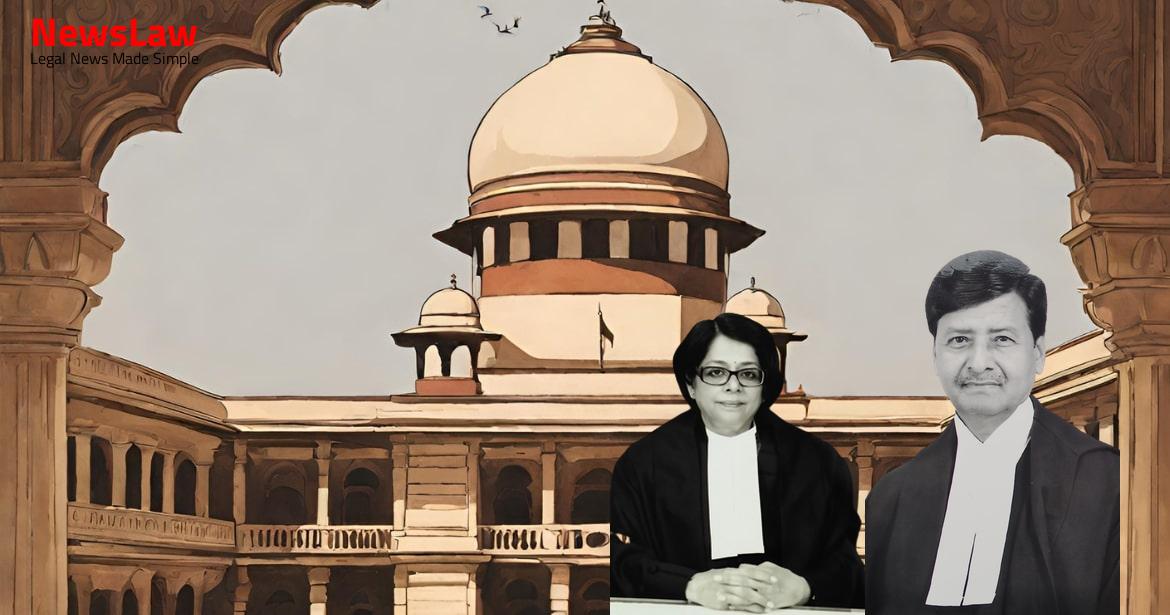Uncover the nuances of legal reasoning and analysis in a medical negligence case. Delve into the standards of care expected of medical professionals and the crucial role negligence plays in legal proceedings. Stay informed about the court’s detailed examination of the case’s merits and the reasoning behind the final ruling.
Arguments
- Appellant no.1’s husband passed away due to a long illness on 3 February, 1996.
- Appellant no.1 and her children believe the cause of death was post-operative medical negligence and lack of follow-up care.
- Legal proceedings were initiated by appellant no.1 on this basis.
- The initiation of legal proceedings was based on a genuine belief in the negligence of medical care.
Also Read: Admission Deadline Adherence in Medical Courses
Analysis
- The Commission found no evidence of post-operative medical negligence based on the expert opinions of Dr. S. Sundar and Dr. Arun Kumar, who are qualified Nephrologists.
- Dr. Ashok Chopra and Dr. Sophia Ahmed, the appellants’ expert witnesses, lacked expertise in kidney transplantation.
- The patient’s complaints of pain and complications post-surgery were addressed by the treating doctors to the best of their abilities.
- The patient’s deteriorating condition and subsequent demise, despite medical care, does not establish post-operative negligence.
- I. Negligence is the breach of a duty caused by omission or doing something a reasonable person would not do.
- A person consulted by a patient owes duties of care in deciding whether to undertake the case, what treatment to give, and in administering that treatment.
- A medical practitioner is liable only if their conduct falls below the standards of a reasonably competent practitioner in their field.
- Negligence cannot be attributed to a doctor as long as they perform their duties with reasonable skill and competence.
- It is the duty of civil society to ensure medical professionals are not unnecessarily harassed or humiliated.
- Negligence is an essential ingredient of the offense.
- Medical professionals are expected to bring a reasonable degree of skill, knowledge, and care.
- The pain and trauma suffered by the appellant cannot be the basis for a legal remedy.
- The Commission’s reasoning is found to be faultless.
- The appeal lacks substance and is deserving of dismissal.
- The appellant acknowledged that the losses incurred are irrecoverable and any compensation would not provide solace.
- The appellant indicated a desire to conclude the matter, recognizing that the judicial verdict may not bring peace given her loss.
Also Read: From Nominee to Disqualified: Supreme Court Scrutinizes Age Evidence, Declares Election Invalid
Decision
- No costs shall be awarded.
- All pending application(s) are disposed of.
- The appeal is dismissed.
Case Title: CHANDA RANI AKHOURI . Vs. M.S.METHUSETHUPATHI . (2022 INSC 447)
Case Number: C.A. No.-006507-006507 / 2009



